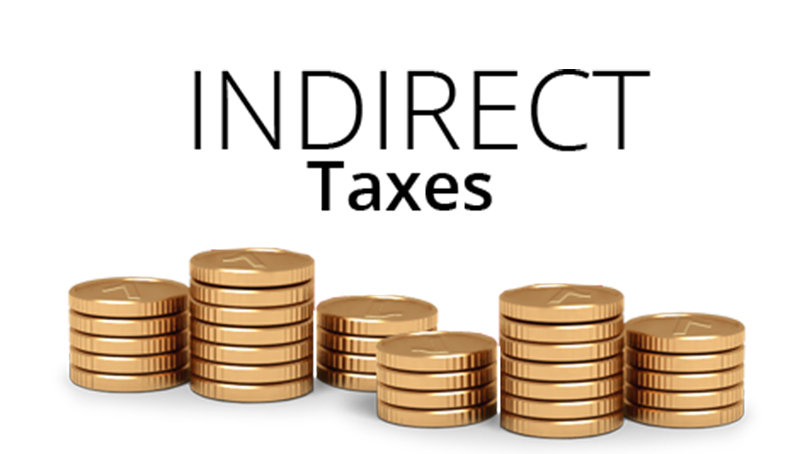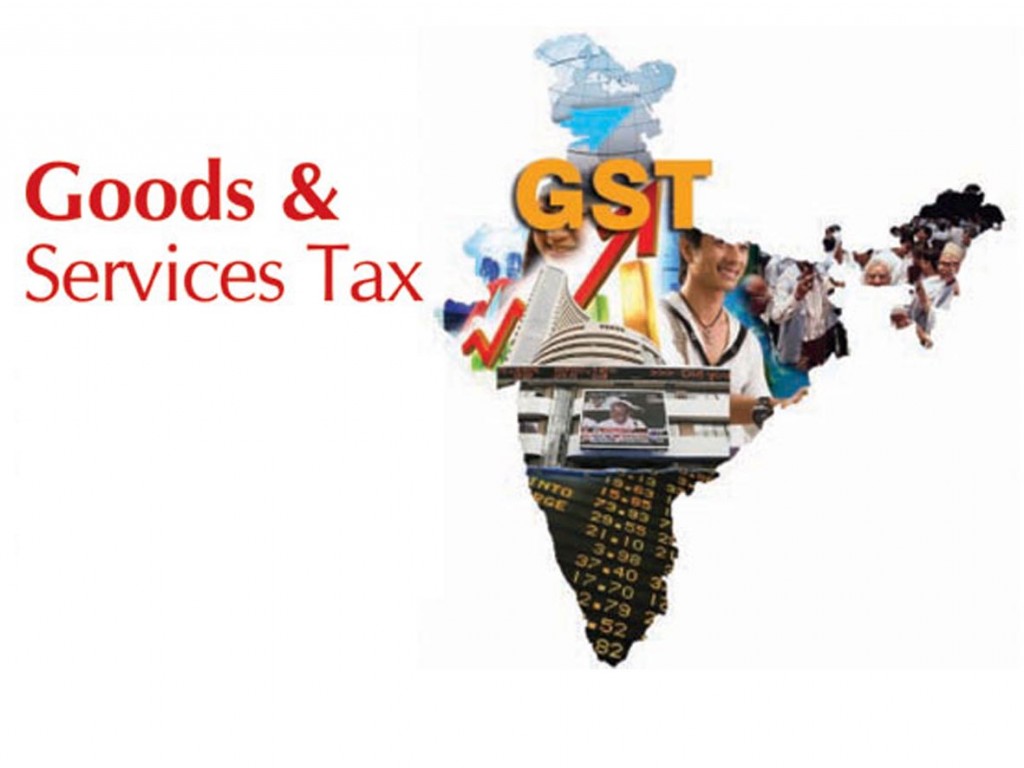- About Us
- Services Offered
- Audit & Assurance Services
- Taxation Services
- Business Services & Outsourcing
- Advisory & Compliance Services
- Governance & Risk Management Services
- Business Management & Advisory Services
- Start Up Company Services
- Merger & Acquisitions
- RERA – Real Estate (Regulation & Development) Act 2016
- MSME
- Valuation Services
- Anti Money Laundering Services
- Forensic Audit Services
- FEMA Advisory
- Business Setup
- Financial Structuring & Restructuring Services
- Corporate Training Services.
- Artificial Intelligence Advisory Services (AI Adaptation)
- Sectors
- Carbon Accounting
- ESG Advisory
- Contact Us
Taxation Services
Enquire Now

About
Taxation Services
Taxation is a specialized area and requires great skill and accuracy. Our experts have the requisite knowledge to carry out tax planning, administration, documentation and representation.
Domestic Taxation In the realm of taxation services we are catering to large multinational enterprises and domestic business houses. Our focus is on developing as well as planning compliance tools and strategies that compliment your business. Our team is also proficient in handling assessment and representations. Domestic Taxation In the realm of taxation services we are catering to large multinational enterprises and domestic business houses. Our focus is on developing as well as planning compliance tools and strategies that compliment your business. Our team is also proficient in handling assessment and representations.
Direct Tax
With tax laws progressing each day, it is crucial for businesses to be cognizant with timely compliance challenges that may pose a threat and lead to penalties and prosecution. A tax efficient structure for the businesses will release burden from entity’s shoulders and thereby ensure pertinent compliances. Our service portfolio includes advisory and compliance services w.r.t. income tax, advance tax, tax deducted at source and wealth tax.
- Corporate Tax: Corporate tax is a tax levied on profits earned by various entities. Companies registered under Companies Act or any other act for the time being in force are obligated to pay such tax at a rate specified by Income Tax Act, subject to changes in rates from time-to-time. We assist organizations in corporate tax returns filing, advising on tax planning opportunities, tax compliances, opinions and representations. We also provide opinion on complex tax issues and assist in review of tax strategy vis-a-vis business strategy.

- Personal Tax: Apart from tax paid on business earnings, tax paid on one’s personal income is termed as personal tax. We manage tax computation for tax withholding, advance tax and tax filings. Our team is experienced in representations before revenue authorities. In our NRI desk, we also provide assistance in obtaining various registrations for non-residents such as registration with foreign regional registration office (FRRO), permanent account number (PAN) etc.

Indirect Tax
To curtail indirect taxation incidence and risk of assessments, significant tax and compliance strategy is essential to be designed, which in turn needs apt professional guidance and assistance. We provide support in obtaining Goods and Services Tax (GST) registrations, returns, refunds, representations, opinions, annual and transitional compliances. We also render services relating to service tax, customs, value added tax (VAT), luxury tax, excise duties, etc. To know more about GST
- Tax assessment, representation and litigations:Examination of tax returns by a tax department, if it has any reason to believe that the information furnished by the assessee is incomplete or incorrect is considered for scrutiny assessment. A notice is issued in this respect in the name of assessee and is expected to take action as per the directions by the tax department. We can assist you for:
- Income tax scrutiny assessment
- Transfer pricing assessment and litigations
- Representation before company law board, registrar of companies and regional director
- Excise assessment and litigations
- Income tax appeal matters and litigations
- Representation before Reserve Bank of India (RBI) / Foreign Exchange Management Act (FEMA)


TDS
TDS or Tax Deducted at Source is income tax reduced from the money paid at the time of making specified payments such as rent, commission, professional fees, salary, interest etc. by the persons making such payments. Usually, the person receiving income is liable to pay income tax. But the government with the help of Tax Deducted at Source provisions makes sure that income tax is deducted in advance from the payments being made by you. The recipient of income receives the net amount (after reducing TDS). The recipient will add the gross amount to his income and the amount of TDS is adjusted against his final tax liability. The recipient takes credit for the amount already deducted and paid on his behalf.
A person who deducts TDS is responsible for the below:
- Obtain the Tax Deduction Account Number and mention it in all the documents pertaining to TDS.
- Deduct the TDS at the applicable rate.
- Deposit the TDS amount with the Government within the specified due date.
- File TDS returns within the specified due date.
- Issue the TDS certificate to the payee within the specified due date.
When should TDS be deducted and by whom?
Any person making specified payments mentioned under the Income Tax Act is required to deduct TDS at the time of making such specified payment. But no TDS has to be deducted if the person making the payment is an individual or HUF whose books are not required to be audited.
However, in case of rent payments made by individuals and HUF exceeding Rs 50,000 per month, are required to deduct TDS @ 5% even if the individual or HUF is not liable for a tax audit. Also, such Individuals and HUF liable to deduct TDS @ 5% need not apply for TAN. Your employer deducts TDS at the income tax slab rates applicable. Banks deduct TDS @10%. Or they may deduct @ 20% if they do not have your PAN information.
For most payments rates of TDS are set in the income tax act and TDS is deducted by the payer basis of these specified rates. If you submit investment proofs (for claiming deductions) to your employer and your total taxable income is below the taxable limit – you do not have to pay any tax. And therefore no TDS should be deducted from your income.
Similarly, you can submit Form 15G and Form 15H to the bank if your total income is below the taxable limit so that they don’t deduct TDS on your interest income. In case you have not been able to submit proofs to your employer or if your employer or bank has already deducted TDS and your total income is below the taxable limit) – you can file a return and claim a refund of this TDS. The complete list of Specified Payments eligible for TDS deduction along with the rate of TDS.
Indirect tax
Indirect taxes are charges levied on manufacturers and producers by the government of a country but are ultimately collected from the consumers for the purchase of their goods or services. Indirect taxation is levied on the expenses incurred by the taxpayer, not on their income.
How are indirect taxes collected?
Taxes are borne by the consumer at the time of purchase of the goods or service. The manufacturer or service provider collects the indirect tax on behalf of the consumer and transmits it to the government with the tax return.
Types of Indirect taxes
In India, indirect taxes are collected in a variety of ways. Take a look at the indirect taxes listed below.
Service Tax
Services taxes are levied by the central government on the service provider for the services delivered by them. Despite the fact that the tax is paid by service providers, It can be reimbursed from the customers who purchased or used the taxable services. Individual service providers are billed on a cash basis, whereas businesses are billed on an accrual basis.
Excise Duty
Excise duty refers to the taxes levied on the manufacture of goods for their production, licensing, and sale within the domestic country levied at the time of removal of goods. It is mandatory to pay duty on all goods manufactured unless exempted. Excise duty is also known as the Central Value Added Tax (CENVAT)
Customs Duty
Customs duty is levied on goods transported across boundaries of India, it is levied on both import and export of goods. The tax levied on the import of goods is called an import duty and the tax levied on the export of goods is called an export duty. The government imposes customs duty to regulate the movement of goods, restrict transaction of prohibited goods, to protect the country's economy, environment, and other resources from being exploited.
Sales Tax
Sales tax is a consumption tax, imposed on the sale of goods within India. A percentage of the value of the merchandise is generally charged at the time of purchase or exchange for certain taxable products. Sales taxes are collected in various forms such as retail sales tax, use tax, wholesale tax, manufacturers’ sales tax, and value-added tax.
Entertainment Tax
The government imposes entertainment tax on entertainment activities, such as movies, exhibits, trade fairs, arcades, celebrity stage performances, Teatro or stage play, video games, events relating to sports, amusement parks, and other large-scale commercial displays. In India, the authorities in charge of collecting entertainment tax from clients are the state governments.
Securities Transaction Tax
Securities transaction tax commonly known as (STT) refers to taxes levied on the acquisition or sale of shares, bonds, debentures, equity-oriented mutual funds (MFs), and other exchangeable securities listed on the National stock exchange of India. It is collected by the transaction's intermediary, such as the broker. As it is imposed on the broker rather than the investor/trader directly.
Goods and Services Tax (GST)
In 2017, the Indian government enacted the Goods and Services Tax (GST) Act. To consolidate numerous indirect taxes schemes into a single taxation system. GST is levied on the delivery of products and services from the producer to the customer, effectively replacing various indirect taxes such as service tax, entertainment tax, excise duty, and customs duty.
GST is furthermore categorized based on states and union territories,
- State goods and services tax (SGST)
- Central goods and services tax (CGST)
- Integrated goods and services tax (IGST)
- Union territory goods and services tax (UTGST)


Transfer Pricing
- Transfer pricing is an accounting practicethat represents the price that one division in a company charges another division for goods and services provided.
- Transfer pricing allows for the establishment of prices for the goods and services exchanged between subsidiaries, affiliates, or commonly controlled companies that are part of the same larger enterprise. Transfer pricing can lead to tax savings for corporations, though tax authorities may contest their claims.
- Transfer pricing accounting occurs when goods or services are exchanged between divisions of the same company.
- A transfer price is based on market prices in charging another division, subsidiary, or holding company for services rendered.
- Companies use transfer pricing to reduce the overall tax burden of the parent company.
- Companies charge a higher price to divisions in high-tax countries (reducing profit) while charging a lower price (increasing profits) for divisions in low-tax countries.
- The IRS states that transfer pricing should be the same between intercompany transactions as it would have been had the company done the transaction outside the company.
- Transfer pricing refers to the prices of goods and services that are exchanged between companies under common control. For example, if a subsidiary company sells goods or renders services to its holding company or a sister company, the price charged is referred to as the transfer price.
- Entities under common control refer to those that are ultimately controlled by a single parent corporation. Multinational corporations use transfer pricing as a method of allocating profits (earnings before interest and taxes) among their various subsidiaries within the organization.


